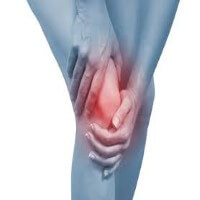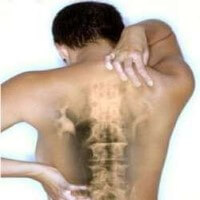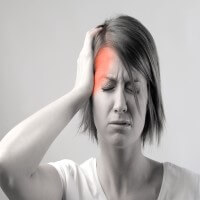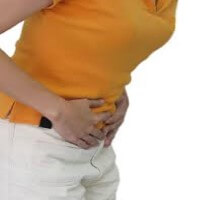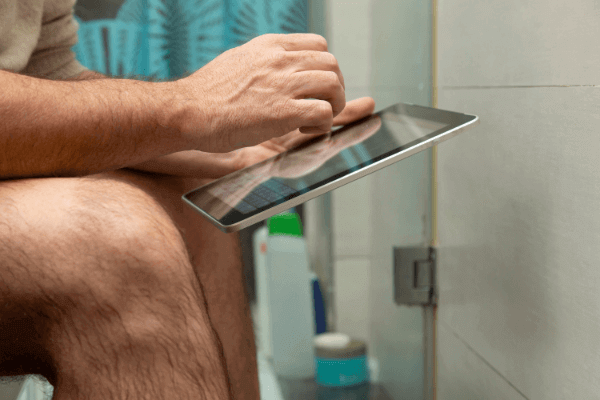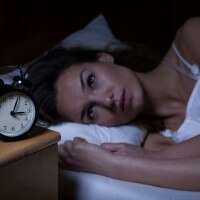Varicose Veins Ayurvedic Treatment
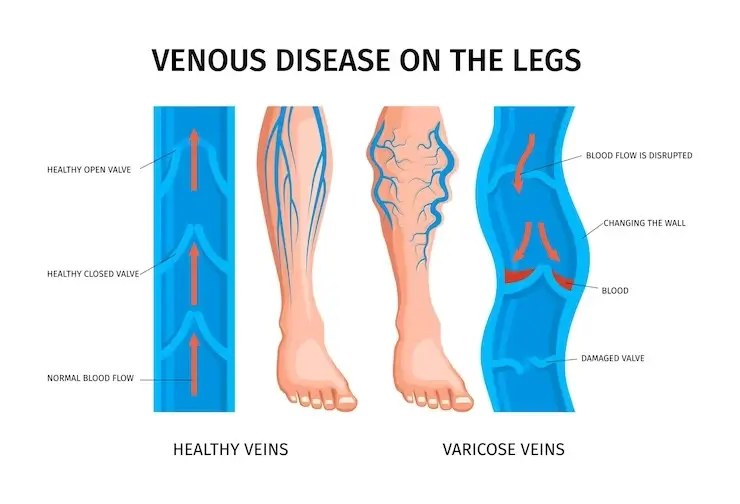
‘Siraja Granthi’ or Varicose veins as referred in modern medical terminology are enlarged veins that become twisted and fibrosed in the legs around calf muscles, thighs, and ankle. The varicose veins result from standing for long hours, resulting in pressure in the veins.
The condition of varicose veins is very common among hawkers, security guards, drivers, teachers, and porters. These professions demand long sitting and weight-bearing efforts which make veins of lower limbs lose their elasticity and thus make it a cumbersome job to resend blood back to the upward or heart. This makes veins in the lower limbs swollen, dilated, and lose their ability to shrink and the resulted condition is called varicose veins
Though rampant in adults in developing countries such as the USA, where a large population is obese, this condition is getting common in developing nations of South Asia due to modern-day sedentary lifestyles.
Many adults in India suffer from varicose veins, a condition where the veins become swollen and painful. This is a very common problem, with over 10 million cases reported each year, affecting around 30% of all adults in the country.
A minor version of varicose veins is usually found in people called spider veins that do not cause any trouble but post developing the complete condition of varicose veins; brings pain and discomfort mostly.
The treatment of varicose veins in modern medicine is planned with surgical removal of varicose veins, which is an expensive procedure and the chances of recurrence are always there. This makes people seek Ayurvedic treatment for varicose veins that includes leech therapy popularly known as ‘Jaloka’ and ‘Sira-Vedh’ which is a process of blood-letting through the venesection method.
These procedures remove the obstruction of coagulated, thick, and dark blood that obstructs the flow of blood toward the heart. The panchakarma treatment including Basti karma is also advocated in some cases where the condition is very aggravated and complete detox is recommended.
Ayurvedic View of Varicose Veins
As stated in the starting, the condition of varicose veins is referred to as ‘Siraja Granthi’ in Ayurvedic Samhitas. According to Ayurveda, when a person who indulges in the jobs of long sitting, long-standing consumes heavy, slow digesting, and mucus-forming meals in excessive quantities can trigger this condition of varicose veins.
Eating ‘Abhishyandi meals (a type of meal that block vessels and channels, one such example is Arbi or Taro) in excessive quantity with the wrong food combination is the single largest cause of varicose veins. Varicose veins primarily is a ‘Pitta’ originated disease that shows symptoms as per the involvement of other doshas. These imbalanced doshas disturb and stagnate the flow of venous blood. All this lead to the dilation of veins in weak points, and varicose veins appear in the lower limbs.
Sign and Symptoms
- Swelling over the veins
- Skin discolouration of veins
- Twisted and bulging veins appearance
- Painful and heavy feeling in the legs
- Cramping, throbbing, a feeling of burn
- Pain increases with excessive sitting or standing
Causes & Risk factors
The damaged and weak valves cause varicose veins. The tiny valves in the veins open as blood flow toward the heart and then close to stop blood from flowing backward. If these valves are weak or damaged, blood can flow backward and pool in the vein, causing the veins to stretch or twist.
- Obesity. Being overweight exerts extra pressure on the veins. Therefore, it is recommended to maintain a healthy body weight at every age of your life.
- Age– Ageing causes wear and tear on the valves in the veins. This causes valves to allow some blood to flow back into the veins, where it gets collected instead of flowing up to the heart.
- Sex– Women are more at risk of developing varicose veins, which can be due to more deposition of adipose tissue in their bodies. Hormonal therapies and treatments such as contraceptives might increase the risk of varicose veins.
- Family History– If other family members had varicose veins, there’s a greater chance you will too.
- Immobility– Staying and standing for a long duration can make the flow restricted, which results in varicose veins.
Self Care Tips
- Do not stand or sit for extended periods.
- Massage the affected areas regularly with medicated oil which is ‘Vata‘ soothing in nature.
- Avoid fruits and vegetables rich in mucus and clogs the gut.
- Avoid meals that aggravate ‘Vata’ in the body, triggering pain.
- Curtailing on non-vegetarian meals is preferable.
- A foot bath with warm water helps in easing the pain.
Why Should You Choose Ayurvedic Treatment for Varicose veins?
Simply because Ayurvedic treatment for varicose is efficient and economical. The result of the treatment is long-lasting and devoid of risks of recurrence, unlike the surgery for varicose veins, which is advocated commonly by surgeons.
The para surgical ayurvedic therapies such as ‘Sira-vedh’ and leech therapy are time tested, result-oriented therapies in Ayurveda. The pain and discomfort that occur due to the condition of varicose veins can be relieved with Ayurveda, and the condition can be completely reversed with treatment.

